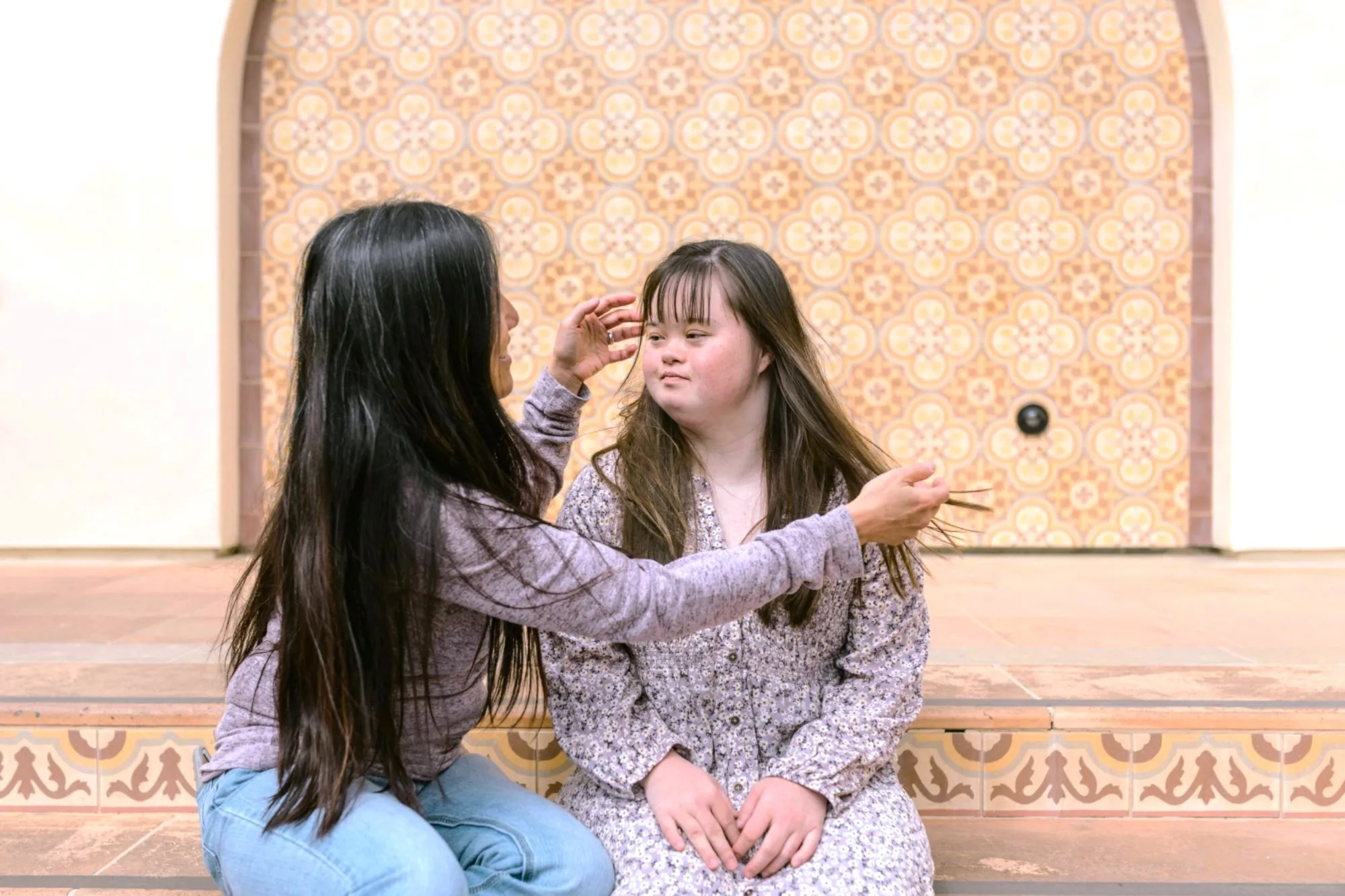
Helping your teen develop a positive body image
The body we imagine ourselves to have and the body the rest of the world sees may be dramatically different.
Body Dysmorphic Disorder (BDD) is when we obsess over real or imagined flaws and allow that to interfere with our daily lives, and it is something many of today’s teenagers suffer from.
If you are a disabled teenager, it can be especially hard to tune out images of physical perfection that the social media, billboards, magazines and TV, bombard us with constantly.
As a parent, puberty may already be a difficult time as your child pushes you away, while simultaneously needing your love and support.
We may also have become hyper-vigilant to other people’s reactions to our child’s difference. We may feel vulnerable in social situations and communicate that discomfort to our child.
What can parents do?
- Think about your own thoughts and feelings. Are you trying to minimise your child’s difference and protect them from other people’s reactions? Is this working?
- If you do encounter unwelcome questions about your child’s disability - let them know your child is the same as any other, and their disability is just another aspect of their identity. It is not a tragedy or something to be pitied. Or alternatively, just smile and walk away.
- If you are still trying to ‘improve’ your child through therapeutic interventions or surgery, consider what message this may be sending to your child.
- Model acceptance of your own body as well as other people’s. Don’t criticise your own or other people’s appearance or physical flaws.
- Emphasise the qualities that you would like people to notice you for when they first meet you – such as your warmth or empathy. Ask your child to think about their own best qualities and what they would like people to notice about them. Encourage them to think about all the things they like about themselves. What are their interests or passions?
- Help your child develop coping skills – they may need to practice how to respond to other people’s comments in a way they feel comfortable with.
- Encourage your child to express their personality through their appearance – what kind of clothes do they like? Do they like fashion, or do they prefer to wear comfortable sports clothes?
- Help your child realise that while they may not be able to control other people’s reactions to them, they can control their own response.
It is still relatively rare for disabled people to feature in popular culture or on social media, but things are slowly changing, as disabled people appear in fashion ads and as protagonists in television.
In the meantime, help your child realise that we are able to make our own definitions of beauty and to decide what makes us worthwhile human beings.
You might also find the resources below useful, which includes books from the IHC Library as well as helpful website and helpline numbers. Or contact the IHC library direct to have a chat about what you need on 0800 442 442 or email: Librarian@ihc.org.nz.
Helplines:
Anxiety New Zealand: 0800 269 4389 (0800 ANXIETY)
1737: Free call or text 1737 to talk to a trained counsellor
Depression.org.nz: 0800 111 757 or text 4202
Kidsline (for people up to 18 years): 0800 543 754
Whats Up (for 5 to 18-year-olds): 0800 942 8787
thelowdown.co.nz , Web chat, email chat or free text 5626
Youthline: 0800 376 633, free text 234, email talk@youthline.co.nz
Lifeline: 0800 543 354
Samaritans: 0800 726 666
Suicide Crisis helpline: 0508 828 865 (0508 TAUTOKO)
Helpful materials
A variety of resources offering guidance on sexuality, relationships, and puberty for individuals with intellectual and developmental disabilities.


